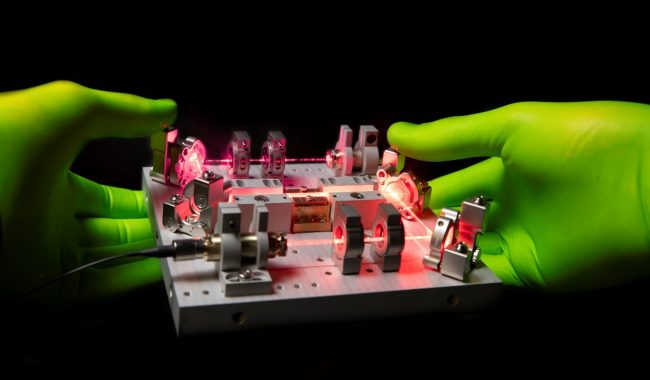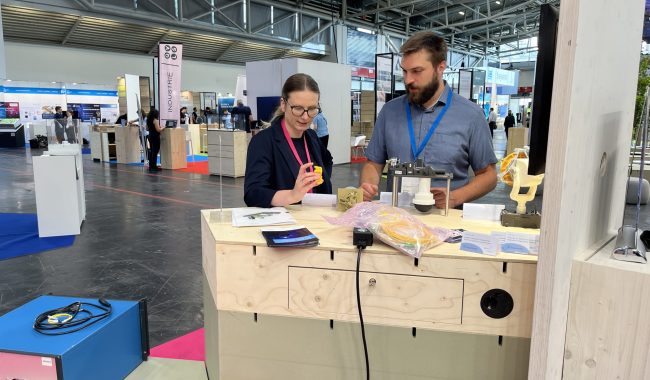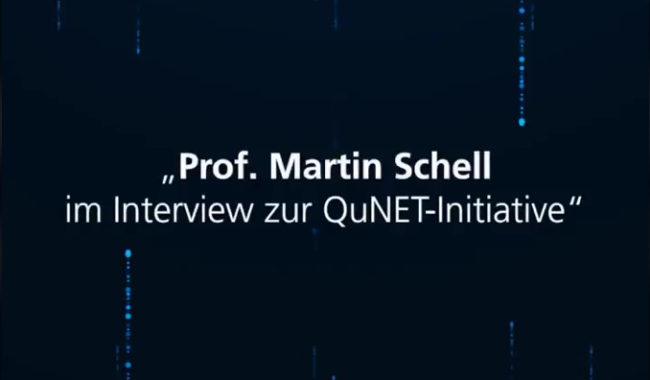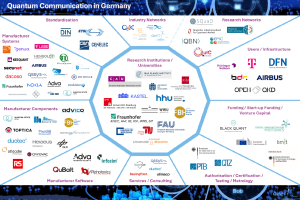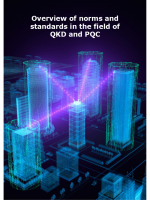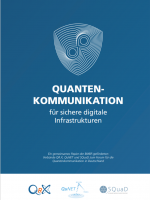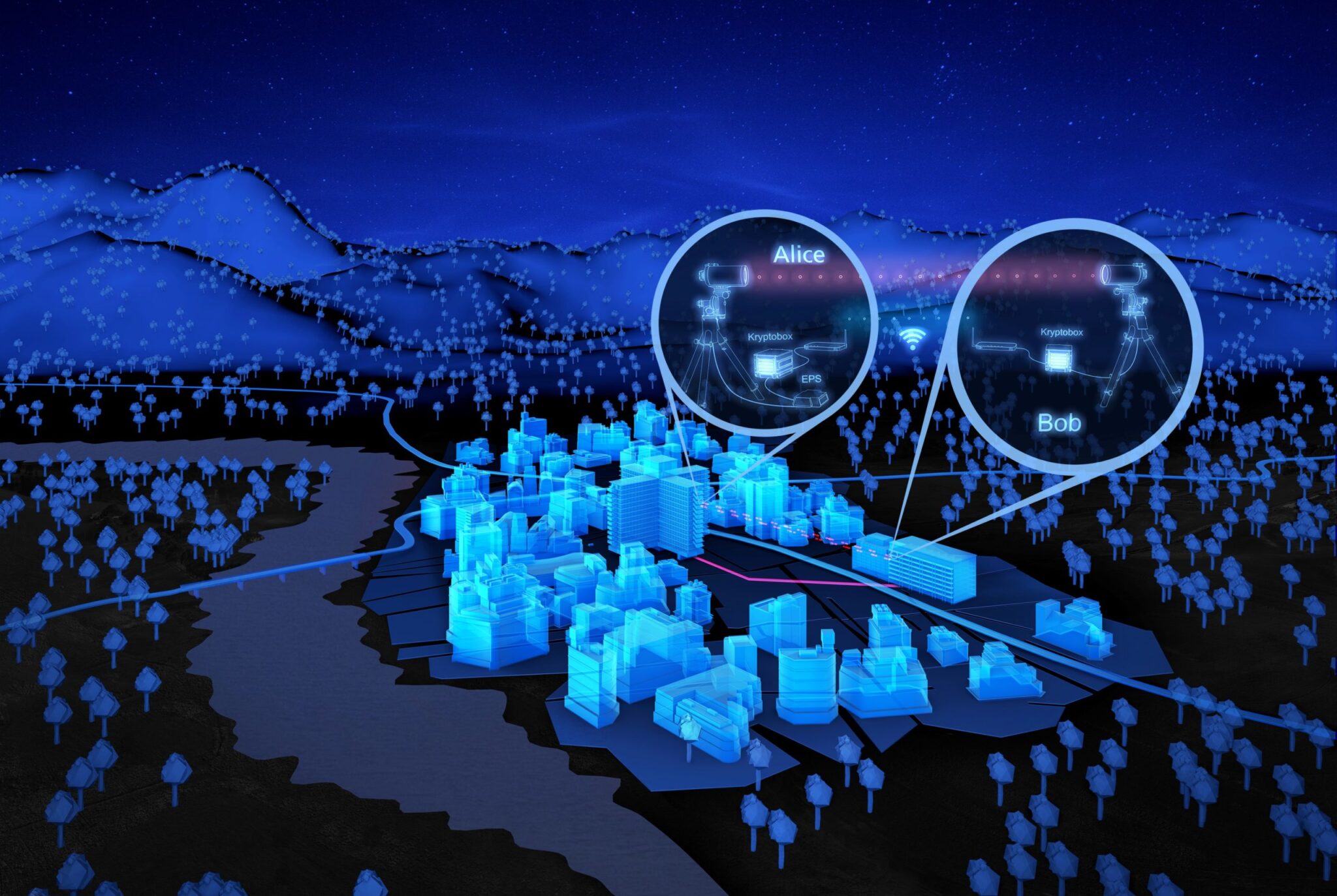
The QuNET initiative
Highly secure communication through quantum physics
The QuNET initiative develops highly secure communication systems based on state-of-the-art quantum technology. As a research initiative funded by the German Federal Ministry of Education and Research (BMFTR), QuNET lays the foundation for secure and robust IT networks that are already equipped to withstand the cyber attacks of tomorrow. The Fraunhofer and Max Planck Societies, the German Aerospace Centre and Friedrich-Alexander-Universität Erlangen-Nürnberg are involved in the initiative.
Latest news
Quantum Communication: Ecosystem Germany
Link to the page of the interactive graphical representation of quantum communication in Germany through an ecosystem map.
21 May 2025, Fraunhofer IOF, Jena
Overview of norms and standards
Link to the list of currently existing norms and standards in the field of QKD and PQC, which originated from BearingPoint’s QuNET+BlueCert project:
QuNET at a glance
A collaboration between




The goals of the initiative
Secure communication systems are the core of a digital society. Whether in the exchange of confidential messages between authorities or in the long-term storage of sensitive (company) data: Privacy and security are the backbone of the digital society and form the foundation of an economy based on innovation.
The security of current IT communication networks is essentially based on mathematical assumptions. These cannot provide sufficient protection for new technologies of the future, such as a quantum computer.
Even today, confidential data is stored by hackers and later decrypted using newly developed methods. This type of cyberattack is known as a “store now, decrypt later” attack. As a result, sensitive data with long confidentiality periods is particularly at risk. This includes citizens’ health information and industry secrets.
Against this backdrop, the BMFTR-funded QuNET initiative has been researching the potential of highly secure quantum communication for society, industry and business since autumn 2019. The aim is to maintain Germany’s technological sovereignty as well as the security and confidentiality of our data even with the emergence of new possibilities and processes.
As part of the QuNET initiative, quantum-based technologies are to be developed for the following areas of application:
- Secure communication between authorities
- Secure communication for banking networks
- Secure communication between (high) security areas
- Secure communication in critical infrastructure (e.g. in the energy or health sectors)
Special consideration is given to the needs of the market and the security authorities. The requirements of users and experts are also taken into account.
Requirements for a secure overall network
QuNET develops overall network architectures that both transmit quantum keys and enable their use in conventional communication networks. To realise this, relevant IT infrastructures and security aspects must be comprehensively analysed. The considerations range from the exchange of quantum states between QKD systems to encryption in communication networks in order to ensure long-term secure exchange.
New key technologies for quantum communication
QuNET develops innovative technologies for quantum communication. This includes, for example, technologies in the field of fibre & free beam links as well as the development of single photon sources and detectors. The aim is to combine the various systems into an overall concept in order to construct new key technologies.
Germany as a location for secure quantum technologies
QuNET contributes to strengthening Germany’s national technological sovereignty in the introduction and dissemination of quantum-based communication systems. The aim is to create a stable economic innovation ecosystem that makes it possible to produce all the necessary critical components and interfaces for QKD applications in Germany and Europe. In this way, individual building blocks are made available for an overall network that has connectivity potential at European level.
QuNET deals with standardisation requirements for socially and economically relevant use cases. Both the technological components and the algorithms must be taken into account. Through close cooperation with the BSI, corresponding standardisations are being driven forward from Germany. For this reason, it is important to play an active role in shaping these processes so that requirements regarding certifications, authorisations and accreditations can be taken into account from the outset.


